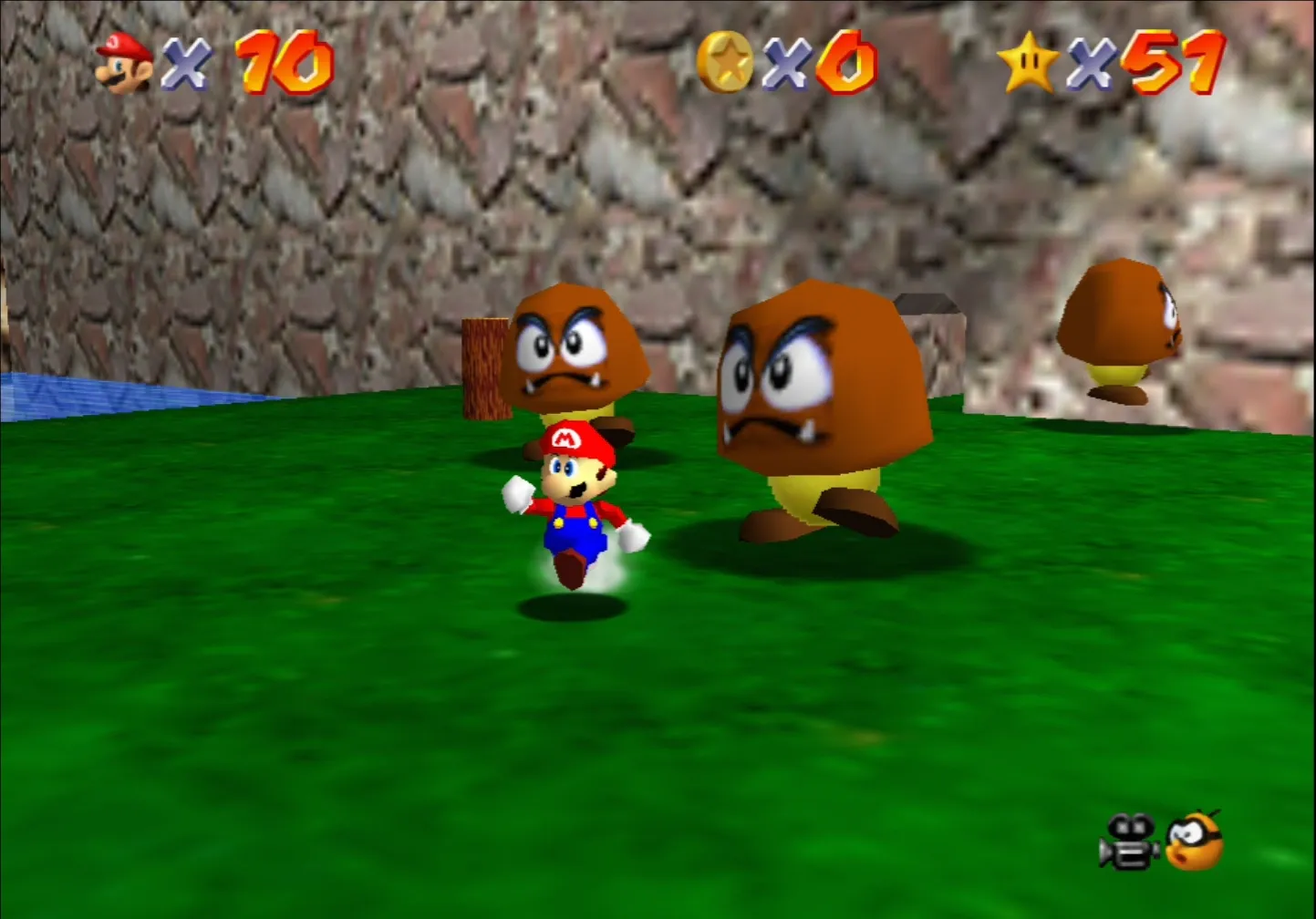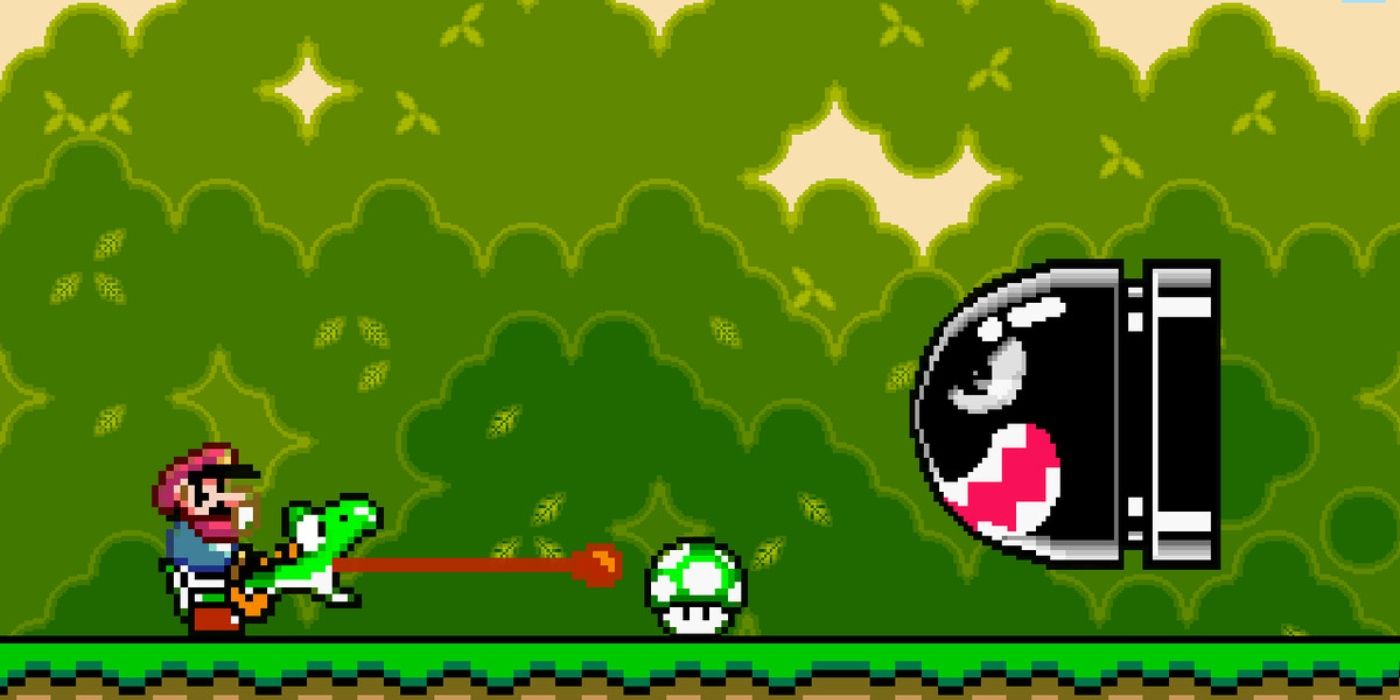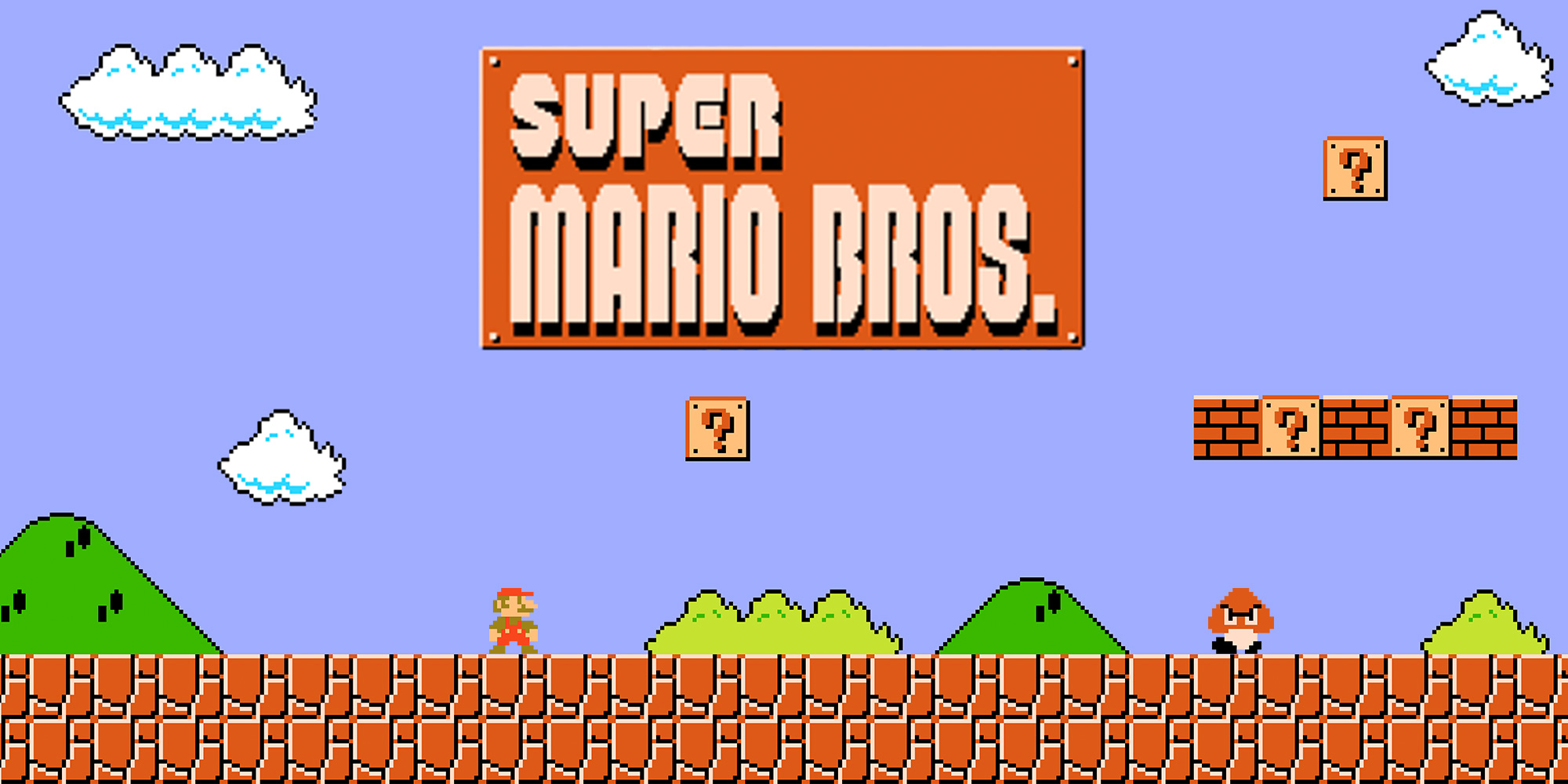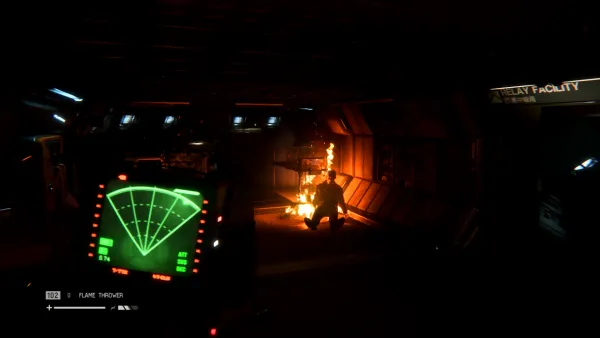Imagine the scenario: you're in the heat of the moment, navigating Mario through treacherous terrain, dodging Goombas and fireballs like a pro. But then, disaster strikes.
You misjudge a jump, and Mario plummets into the abyss.
"Game Over" flashes on the screen, accompanied by sombre music. Your heart sinks a little, and you’re faced with a choice: press continue or switch to another game.
Ah, the life system—one of gaming’s most classic mechanics.
But have you ever stopped to wonder what's really happening in your brain during these moments? I certainly have, and it's a fascinating journey worth exploring.
The Sting of Defeat: Why Do We Care So Much?
When that game over screen pops up, it feels like a personal affront.
Why? Because it taps into our intrinsic motivation. As humans, we’re hardwired to seek achievement and mastery. Every time we lose a life, it's a tiny blow to our self-esteem.
The life system amplifies this feeling, turning every failure into a high-stakes moment. But here’s the twist: this sting of defeat can actually make us more determined.
It's the classic "I'll show you" mentality. We’re driven to prove we can do better, to conquer the challenge that bested us.

Life systems in games operate on a delicate balance of reward and punishment. On one hand, they serve as a carrot, dangling the promise of victory and progress just out of reach.
On the other hand, they’re a stick, ready to whack you back to the start if you fail. This push-pull dynamic keeps us engaged. The fear of losing all our lives and starting over adds tension and excitement to the gameplay.
It’s a bit like gambling: the potential for loss makes the stakes higher, and the victories sweeter.
Checkpoints: The Modern Saviour?
Enter the modern gaming saviour: the checkpoint system. Unlike the old-school life system, checkpoints offer a safety net.
Die in a game like Rayman Legends, and you’re whisked back to the last checkpoint, free to try again without the looming threat of a game over. This system is more forgiving, reducing the frustration that can come with repeated failure.
It caters to our desire for mastery without the harsh penalties. Yet, it doesn’t diminish the challenge; it just makes it more palatable.
But here’s where things get interesting.

Casual gamers and hardcore gamers often have different reactions to life systems. Casual players might find the harsh penalties discouraging, prompting them to switch games after a couple of failures.
Hardcore gamers, however, might relish the added challenge, seeing it as a true test of their skills. This difference in player behavior is why some games stick to traditional life systems, while others embrace the checkpoint model. It’s all about knowing your audience.
The Psychological Tactics of Nintendo
So, why does Nintendo stick with life systems in games like Mario?
It’s all about creating a consistent experience. The life system is a staple of Mario games, a nostalgic nod to the franchise’s roots.
It also adds a layer of strategy: do you take risks for big rewards, knowing you might lose a life, or play it safe? Plus, there’s the sweet satisfaction of collecting those 1-Up mushrooms.
They’re a small but potent reward, giving players a tangible sense of progress and accomplishment.
At the end of the day, the decision to continue playing or switch to another game often comes down to our threshold for frustration. Some of us thrive on the challenge, while others prefer a more relaxed gaming experience.

But whether you’re a fan of life systems or checkpoints, there’s no denying that these mechanics add a unique flavour to our gaming adventures. They shape our behaviour, fuel our motivation, and keep us coming back for more, one life at a time.
So next time you see that game over screen, take a moment to appreciate the psychological dance it’s leading you in.
Embrace the challenge, or switch to something else—either way, you’re part of a grand tradition of gamers facing down the ultimate question: to continue or not to continue?












